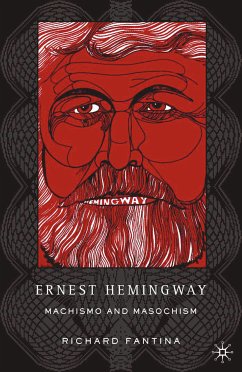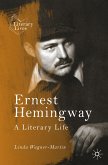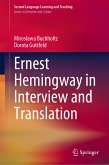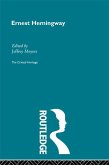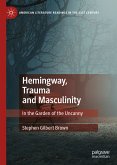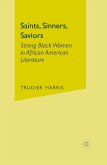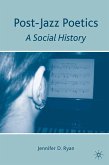Dieser Download kann aus rechtlichen Gründen nur mit Rechnungsadresse in A, B, BG, CY, CZ, D, DK, EW, E, FIN, F, GR, HR, H, IRL, I, LT, L, LR, M, NL, PL, P, R, S, SLO, SK ausgeliefert werden.
"Considerations of gender and sexuality have been central to Hemingway studies for the past decade. This book s great virtue is that it has something new to tell us about Ernest Hemingway. It has outstanding insights into Hemingway s work." - Carl P. Eby, author of Hemingway s Fetishism: Psychoanalysis and the Mirror of Manhood

